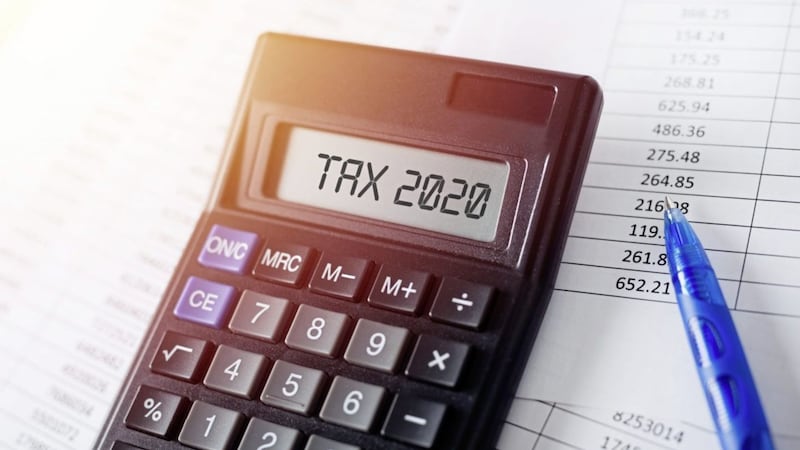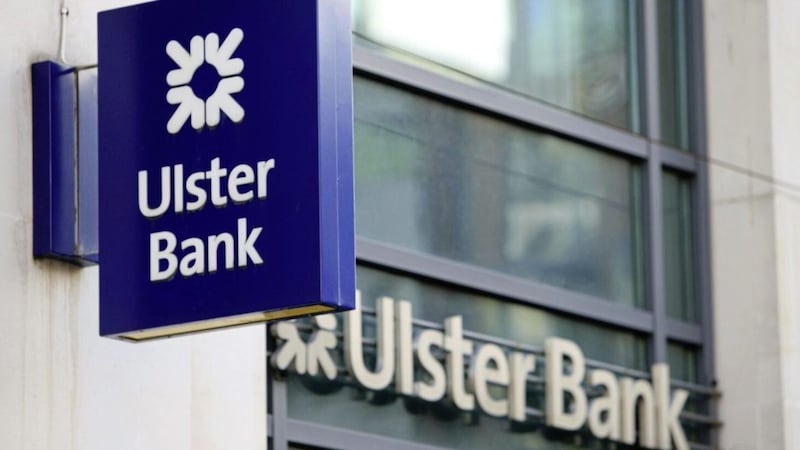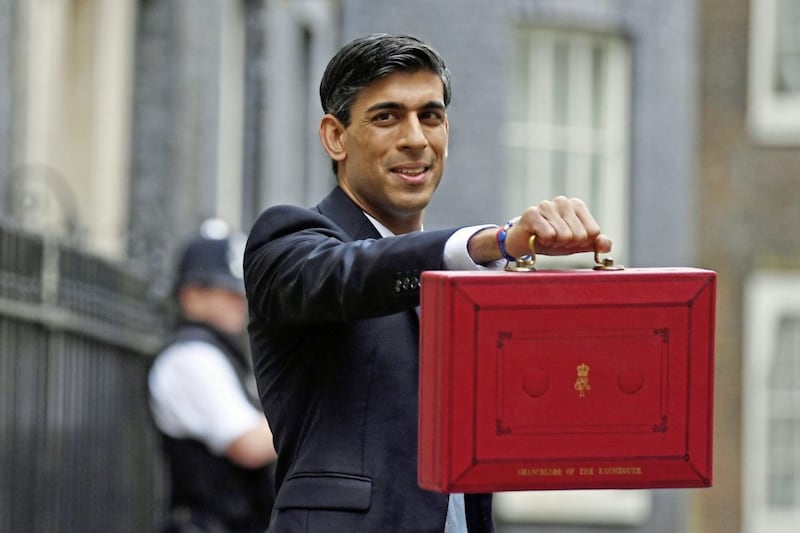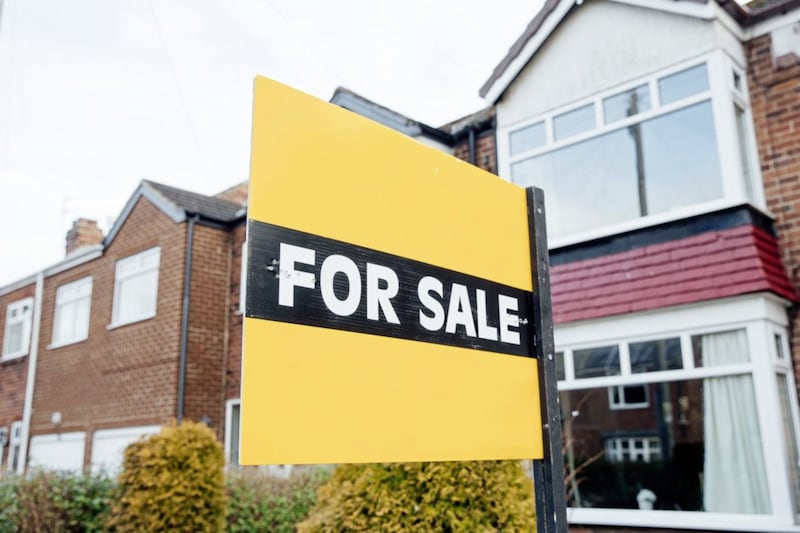YOU may well have seen the headlines of ‘how will we pay for the pandemic measures’ circulating, and Rishi Sunak’s recent announcement to review how capital gains tax is charged, will not have gone amiss.
Capital Gains Tax (CGT) is a tax paid on the gains of an asset such as second home, as well as investment assets like an Open Ended Investment Company (OEIC), or Investment Trust for example.
Basic rate taxpayers pay CGT at 10 per cent on assets, apart from property, which is charged at 18 per cent. If you are a higher or additional rate taxpayer, you pay 20 per cent on assets and 28 per cent on property.
By October 12, responses to the technical and practical operation will have been completed and delivered to the chancellor.
With UK borrowing close to its highest level in ‘peacetime’ history, you can expect a move to grab where possible.
There is nothing worse than retrospective legislation, whereby a government allows you to create a plan and then penalizes you later.
Virtually unnoticed, Mr Sunak did that immediately, slashing Business Entrepreneur’s Relief, hitting those who may have started a business thirty years ago with their ‘business as their pension’ slap in the face.
Hardly a ripple occurred in the business world, focused on the distraction that is the ‘B’ word - Brexit.
CGT itself is complex in terms of the return/reward to the public purse for the work involved, so a move to simplify is natural.
One obvious target is the principal private residence relief i.e. you pay CGT on the sale of your own home.
I’ve seen numerous commentators explain that as an, ‘about time’ moment.
That viewpoint is as well thought through as Trump’s haircut.
As a debt driven economy, any move such as this, would make UK property much less attractive to the normal man on the street i.e. the ‘non Panama paper chaps’.
Any falls in house prices greatly impact confidence, and of course the ability to borrow and spend, bringing economies, built on such structures, to their knees.
Moreover, the housing market is an economy in itself. With it come estate agents, valuer’s, solicitors, financial advisers, cleaners, photographers…you get the drift.
That loss of financial circulation becomes a void, a sailless yacht.
A study of OECD economies and tax efficiency of homeownership shows that such a relief isn’t applicable in many countries, however. Whilst some countries still offer mortgage interest relief, others do not, and capital gains on home ownership is also common practice such as Spain.
Whilst I think a move such as this would be penal, do not discount it.
Perhaps an initial move to charge CGT on a principal private residence would be accepted more, if it aligned closer to the Spanish model where there is no tax when rolled into another property, or where the seller is over 65 and has owned the property for three years.
We are however, in an environment where Covid-19 can be blamed for anything, and the most crippling taxes/changes are often made in year one of a government, because you have forgotten them by year five.
Remember also that Phillip Hammond in his first budget removed a cap of £225,000 per transaction on your own principal private residence so there is a significant odor around the subject.
CGT in previous years was significantly fairer in that it used to allow for the length of time the asset was held i.e. the gain was reduced by the length of time the consumer owned it with gains adjusted by inflation.
Today rapidly turned over assets, are supported more.
Thinking of moving? Consider the above.
If you have gains on any assets that may be subject to capital gains tax, and you are in a position to realize them, and use the capital gains allowance of £12,300 per person, you should do so, remembering that if you also have losses elsewhere they can be offset against the gain.
Peter McGahan is chief executive of independent financial adviser Worldwide Financial Planning, which is authorised and regulated by the Financial Conduct Authority. Ask any financial question to Peter at (028) 6863 2692, email info@wwfp.net or visit www.wwfp.net.








